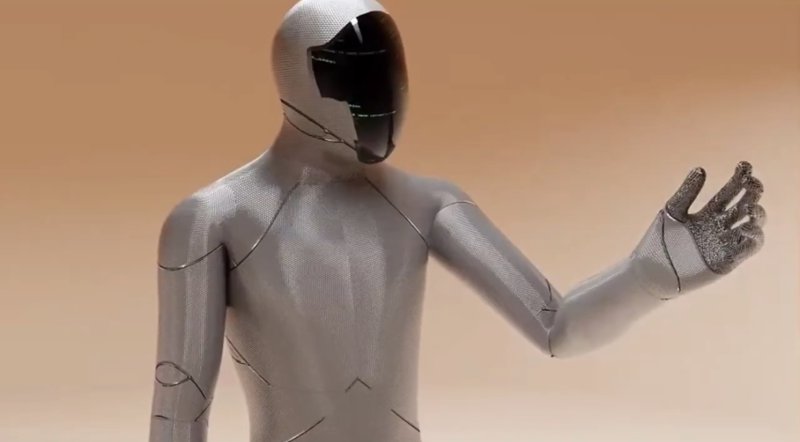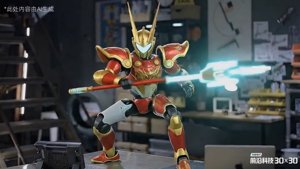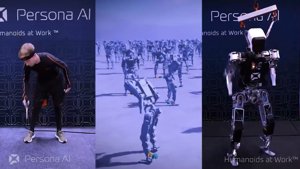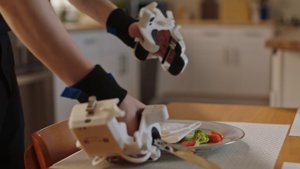Just when you thought the humanoid robot party couldn’t get any more crowded, another player has confidently strode onto the dance floor. Physical Robotics, a new Norway-based startup, has emerged from stealth with a freshly secured $4 million seed round. The company was founded by Phuong Nguyen, who brings some serious cred to the table as a co-founder and former Chief Science Officer of Halodi Robotics, the company now known as the OpenAI-backed 1X Technologies. Nguyen was reportedly the lead inventor of the EVE robot, giving this new venture a significant engineering pedigree right out of the gate.
The fledgling company has unveiled a concept for its upper-body humanoid, the π (Pi) robot. While details are still sparse, Physical Robotics is aiming to solve what it sees as the “last big hurdle for humanoid robots”: giving them the ability to feel through advanced force control. Their stated mission is to “create a generation of robots that live in harmony with humans,” a noble, if spectacularly broad, ambition shared by literally every other robotics firm on the planet.
Why is this important?
In a field now saturated with flashy demos and nine-figure funding rounds, the emergence of Physical Robotics is significant not because of its modest seed funding, but because of its lineage. Nguyen’s departure from 1X occurred just before its major pivot towards an AI-first, consumer-focused strategy. This new venture appears to be a counter-bet, focusing on a hardware-first, industrial approach. It suggests a fundamental schism in strategy among top robotics talent: do you build the brain first and hope the body catches up, or perfect the physical hardware to gather better data for the brain? With a founder who was instrumental in a leading competitor’s early success, Physical Robotics is one to watch, even if its primary contribution for now is adding another name to the increasingly complex humanoid family tree.






